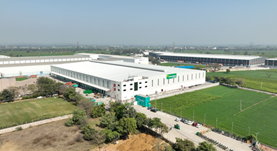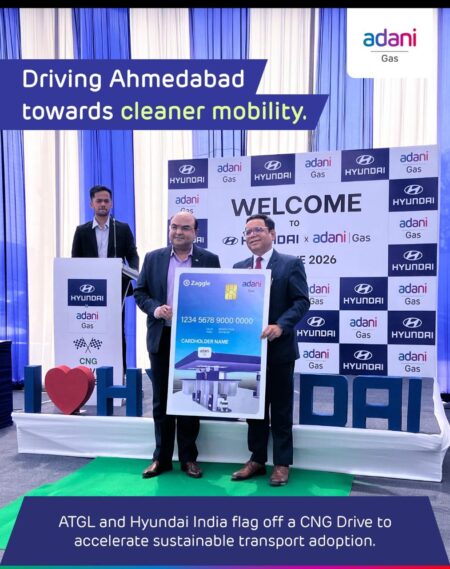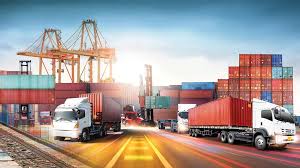Cargo Insights caught up with Vipin Vohra, Chairman of Continental Carriers to gather their views on the current practices in the post-pandemic era; why sustainability and digitalisation are critical; and, their plans for the next year.
1. Since we are almost out of the pandemic, how do you foresee air cargo growth in the near future? Will it pursue the same growth trajectory as during the pandemic, or will it slow down?
Undoubtedly, better air cargo growth is expected in the future. With the Prime Minister’s “Make in India” initiative and an expansion in the e-commerce sector, India is scaling up significantly compared to other nations. To address the supply chain needs, the government is continuously working to build new infrastructure around the nation, including motorways, cargo ports, multimodal logistics parks, new warehouses and logistics facilities. Gati Shakti is anticipated to increase connectivity across India. It is challenging to forecast steady growth, though, because we cannot always plan for unforeseen global obstacles like the Ukraine-Russian war or calamities, which halt growth.
2. Much emphasis is laid on Sustainable Air Fuel (SAF) and Zero emissions. Is Continental Carriers too making some efforts in this direction?
At Continental, we are investing in CNG and electric vehicles because we understand that achieving a future with clean energy and sustainable transportation will require our collective efforts.
3. Air freight rates skyrocketed during the Covid-19 times. Are there any efforts made to bring the rates down?
Demand and supply have a major role in determining air freight rates. Rates were relatively high during COVID because there was less demand for air freight and very little capacity was available on the part of international airlines. All international airlines are currently running through India at full capacity, and freight charges have decreased by roughly 30%.
4. Digitisation and digitalisation have been the buzzwords for the past two years. In your opinion, how vital are they in making the cargo sector more seamless and efficient?
Digitalisation is a significant aspect of efficient, simplified, and transparent logistics. It has the potential to change the way cargo movement can be organized and managed in the future. Automation, digitisation, and artificial intelligence must together be used to deliver the most cutting-edge solutions to customers. Industry players have been investing in digitisation because it makes supply chain processes convenient, manageable and cost-effective.
5. Lastly, what are the growth plans of Continental Carriers for the year 2023?
We are in the process of launching our first greenfield air freight station in Delhi and have a roadmap to open similar stations across India. To achieve last-mile delivery, we are also expanding our reach by constructing offices and warehouses across India.











